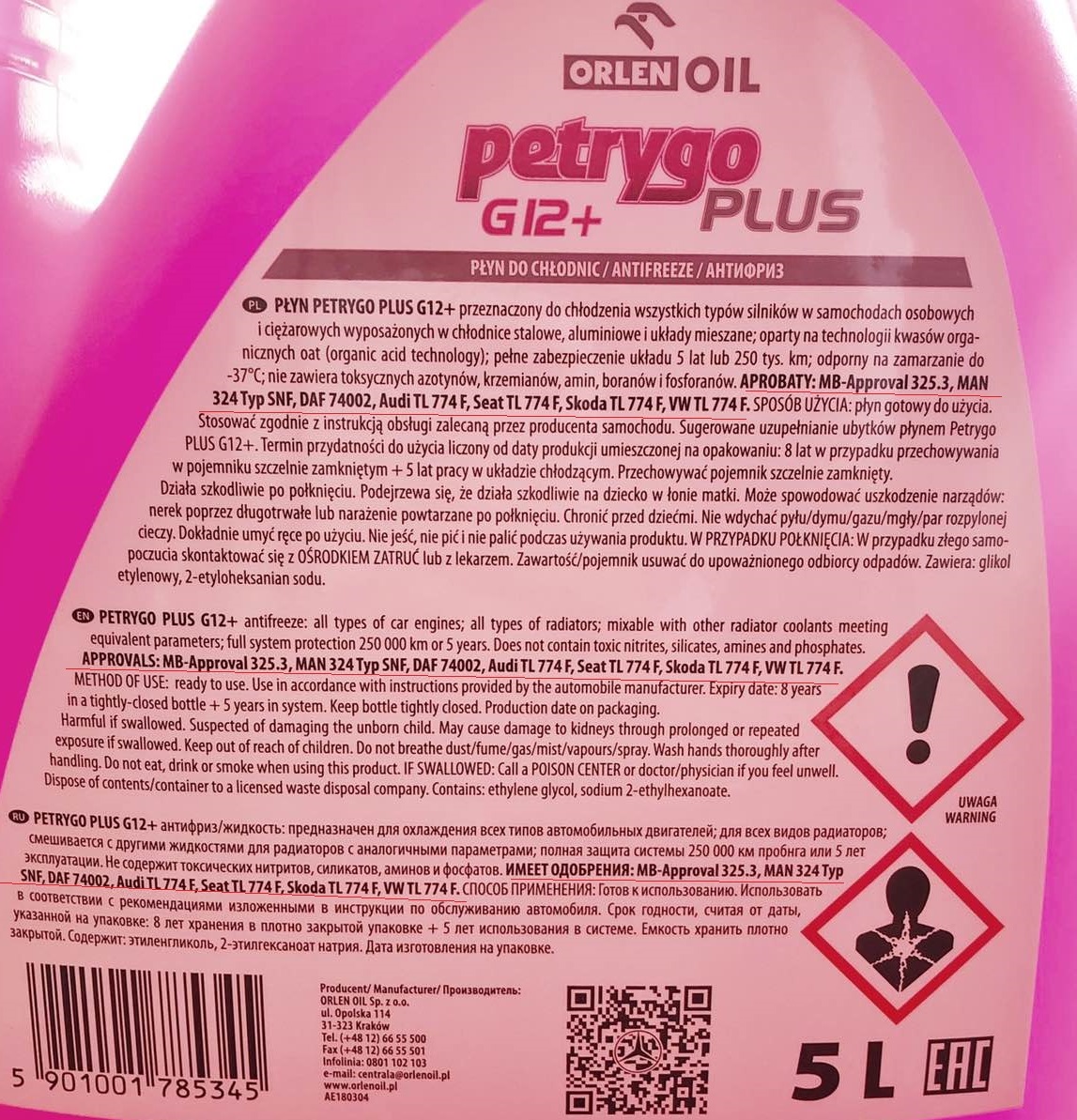Such a question can be heard quite often. And the answers are quite different, often opposite. We will try and we will give our brief answer to this question.
To begin, we will deal with the definitions.
Concentrate of antifreeze or coolant is a mixture of alcohols with enriching additives (additives). In qualitative concentrates it is usually diatomic alcohols. For example, monoethylene glycol (abbreviated MEG) or propylene glycol. The crystallization temperature of the concentrate on such a base is about -15 ° C. After dilution with water, this temperature can be knitted to -75 ° C.

Ready to use antifreeze - a mixture of concentrate diluted with water. Depending on the aspect ratio, you can obtain the desired temperature of hardening.
And here the answer is that the concentrate is used more rationally, because it can affect the temperature of the hardening itself.
But it turns out not so simple.
Firstly. Water is the main cause of all kinds of corrosion and the safest of them - cavitation.
Second. In addition to the crystallization temperature, the boiling point is equally important, and these quantities are closely interconnected.
As mentioned earlier, the crystallization temperature of the concentrate is -15 ° C, and the boiling point is + 85 ° C. Such indicators for the cooling system is obviously not enough.
Thirdly. When diluting the concentrate, we dilute it and the additives therein (anticorrosive, anti-foaming, etc.), and their percentage can be only 2% of the content of the concentrate. Therefore, inaccurate dilution may have a significant effect on the performance of the liquid.
Fourth. When extracting concentrate it is necessary to pay attention, how exactly to observe proportions in weight or volume. How many liquids have different densities.
For example, 1 kg of antifreeze concentrate is about 0.93 liters, and 1 kg of water is about 1 liter!
Thus, the dilution of concentrate with water is not as simple as it may seem at first glance, because for this you need to have some knowledge about the characteristics of the products, have a specially prepared water and the ability to determine the final characteristics of antifreeze. After all, when we buy a ready-made liquid, the manufacturer is obliged to inform us about the physical and chemical properties of the product, the influence of liquid on metals, sealants, the availability of tests of finished liquid.
As responsibility for the finished product is borne by its manufacturer, and for the product we created by ourselves of the two components of concentrate and water - virtually nobody, my advice to choose the finished product. And well when this product is manufactured in accordance with standards or approved standards (eg ASTM-D) and tested, such as: a 1064-hour test for corrosion action on metals. It would not be bad at all, as if such a product had the permission of engine manufacturers or equipment.
With the wishes of trouble-free operation
Peter the King.





